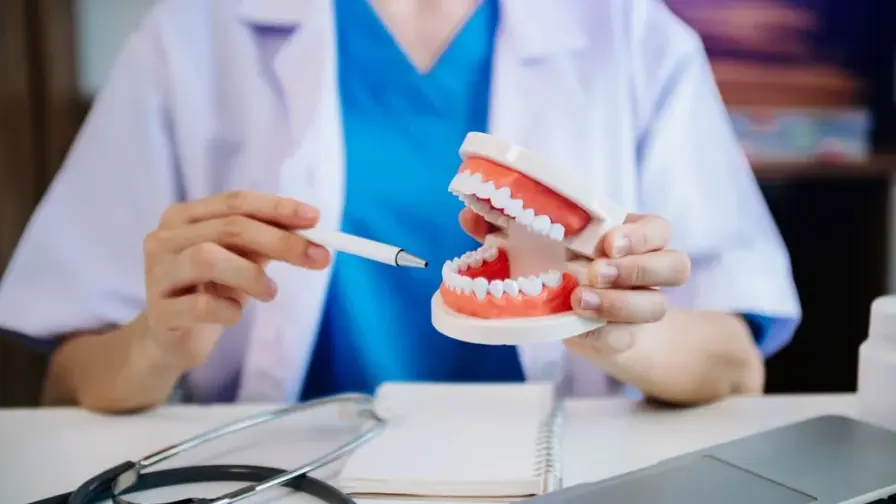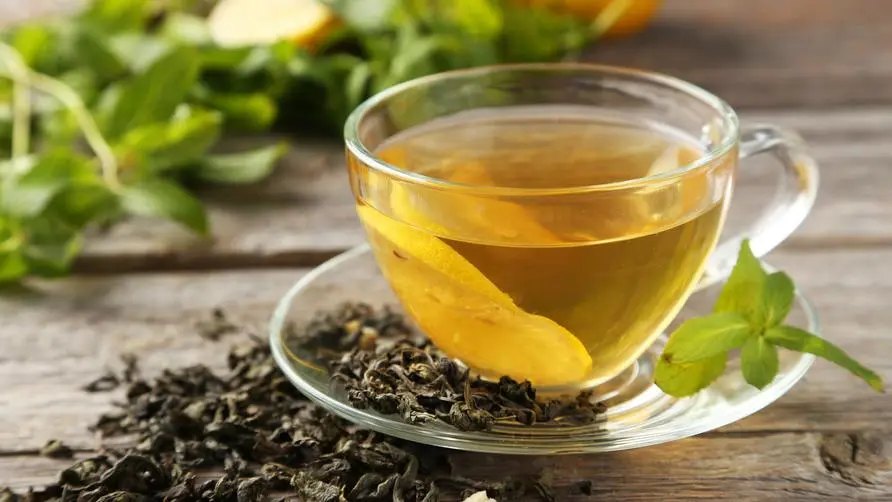Drinking red wine can prevent dementia? Study: Eating "these two diets" together can reduce the risk of dementia by 38%

“Drinking red wine” can actually reduce the risk of dementia? A recent study published in the authoritative journal “JAMA Network Open” stated that the intake of foods rich in “flavonoids” has a certain effect in preventing dementia, especially tea, berries and other diets. What surprised experts was that red wine, which has always been regarded as a health killer, was found to have the potential to prevent dementia.
Daily intake of “flavonoid diet”! “JAMA”: the probability of dementia is reduced by 28%
A joint research team from the United Kingdom, Spain, Denmark and Australia obtained data from a total of 121,986 subjects from the UK Biobank. They were middle-aged and elderly people aged between 40 and 70 years old. Among them, 882 People suffer from dementia. The researchers retrieved each subject’s dietary intake data within 24 hours and calculated a “flavodiet score” based on the flavonoid content of their daily intake.
In addition, the research team also used the “Oxford WebQ” questionnaire to evaluate the flavonoid content in food. Higher levels include tea (black tea and green tea), red wine, apples, berries, grapes, oranges, grapefruit, sweets and so on. peppers, onions and dark chocolate. In addition, the team defined people with higher polygenic risk score (PRS) scores or those who carry the apolipoprotein E ε4 (APOE ε4) gene as high-risk groups for dementia.
After nine years of random interviews, the preliminary results of the study showed that the average daily intake of flavonoids by the subjects was 4.3 servings, of which tea (2.7 servings) accounted for the largest proportion. Compared with those with lower flavonoid dietary scores, those with higher scores had a 28% lower risk of dementia; when tea intake was limited to four servings per day, the risk of dementia decreased by 26%.
Looking at different types of flavonoids, those with the highest dietary intake of “anthocyanins”, “flavan-3-ols”, “flavonols” and “flavonoids” had a reduced risk of dementia by 22% respectively. %, 28%, 27% and 29%; for those with a higher risk of APOE ε4 gene, those with depressive symptoms, and those with hypertension, those with a higher flavonoid diet score had a 43% lower risk of dementia, respectively. 48% and 30%, indicating that the flavonoid diet may have a stronger protective effect for groups at high risk of dementia.
Red wine, berries, and tea contain the most flavonoids. “Choose two out of three” can reduce the risk of dementia by 38%.
It is worth mentioning that the research team found that three types of flavonoid diets, including tea, red wine and berries, have the strongest correlation with reducing the risk of dementia, with tea having the most significant correlation. Specifically, consuming at least 2 of 3 dietary items per day (5 servings of tea, 1 serving of red wine, or 0.5 serving of berries) reduced the risk of dementia by 38%.
Study author Dr. Amy Jennings believes that tea, red wine and berries contain high levels of different types of flavonoids, including anthocyanins, flavan-3-ols, flavonols and flavones, which may prevent dementia in many ways. . Simple dietary changes, such as increasing the intake of flavonoid-rich foods, may play a role in preventing dementia, especially in people at higher risk for cognitive decline.
Dr. Jennings said that this study is the largest trial to date on the relationship between the flavonoid diet and dementia, confirming that the higher the flavonoid diet score, the more significant the effect of preventing dementia may be. However, the effect of red wine on preventing dementia needs to be clarified; based on current guideline recommendations, people are still advised to reduce alcohol consumption as much as possible because alcohol may affect cognitive function or cerebral blood flow.
Responsible drinking can still damage your brain? Expert: Drinking too much or too little can cause dementia
Previous research supports that even “responsible drinking” may still cause a certain degree of damage to the brain. The University of Oxford in the UK collected brain structural data from 25,378 adults and found that an increase in weekly alcohol consumption was related to a decrease in brain gray matter area; under the influence of alcohol, gray matter volume varied by approximately 0.8%. Regardless of the degree of variation in brain gray matter, it will affect physical aging, memory, and the risk of dementia.
Study author Anya Topiwala showed that there is no so-called “safe” level of alcohol intake for the brain, because no matter how much or how little you drink, the damage to the brain will exist. It is unknown how much harm small changes in the brain will actually cause to the body. The risk of brain lesions cannot be ignored just because you drink less. Even moderate drinking may have adverse effects on the structure and function of the brain.
A 2023 study published in the authoritative journal “THE LANCET” even pointed out that light to moderate drinking is associated with 23,000 new cancer cases, accounting for 13.3% of all alcohol-caused cancers; about half of them are female breast cancer. So, is consuming alcohol good or bad for the brain? At present, there is no conclusion in the academic circles, and it is recommended that the public should still take tea and berries as the main diet to prevent dementia.
Source:
Health and cancer risks associated with low levels of alcohol consumption
Further reading:





